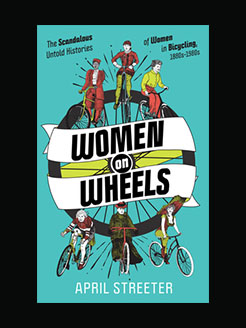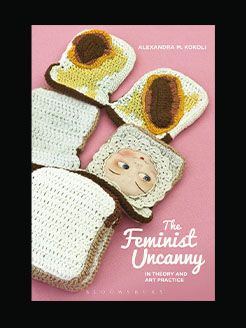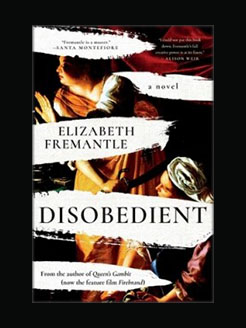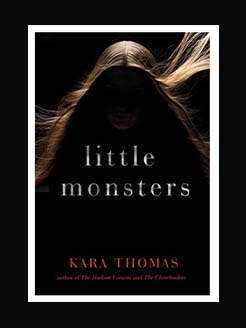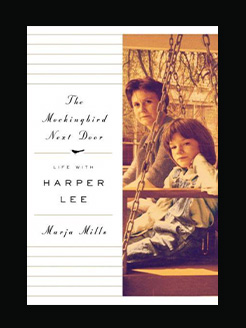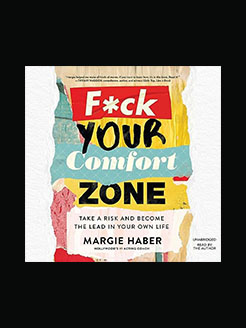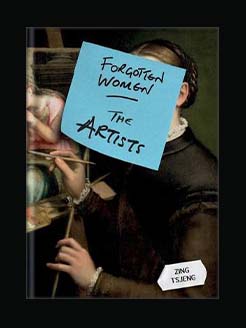Published in 2021
240 pages
Dorthe Nors, is a Danish author and writer. She is the first Danish author to be published in the American magazine The New Yorker. She was born in 1970 and studied literature and art history at the University of Aarhus. After publishing three novels, she wrote Karate Chop, her collection of short stories, in 2008 and Minna Needs Rehearsal Space in 2013. She has seen her short stories in various publications, including The Boston Review, Harpers and The New Yorker, and has contributed to anthologies in Denmark and Germany. Having international acclaim, she lives in rural Jutland, Denmark.
What is this book about?
A celebrated Danish writer explores the unsung histories and geographies of her beloved slice of the world.
Me, my notebook and my love of the wild and desolate. I wanted to do the opposite of what was expected of me. It’s a recurring pattern in my life. An instinct.
Dorthe Nors’s first nonfiction book chronicles a year she spent traveling along the North Sea coast—from Skagen at the northern tip of Denmark to the Frisian Islands in the Wadden Sea. In fourteen expansive essays, Nors traces the history, geography, and culture of the places she visits while reflecting on her childhood and her family and ancestors’ ties to the region as well as her decision to move there from Copenhagen. She writes about the ritual burning of witch effigies on Midsummer’s Eve; the environmental activist who opposed a chemical factory in the 1950s; the quiet fishing villages that surfers transformed into an area known as Cold Hawaii starting in the 1970s. She connects wind turbines to Viking ships, thirteenth-century church frescoes to her mother’s unrealized dreams. She describes strong waves, sand drifts, storm surges, shipwrecks, and other instances of nature asserting its power over human attempts to ignore or control it.
Through a deep, personal engagement with this singular landscape, A Line in the World accesses the universal. Its ultimate subjects are civilization, belonging, and change: changes within one person’s life, changes occurring in various communities today, and change as the only constant of life on Earth.
